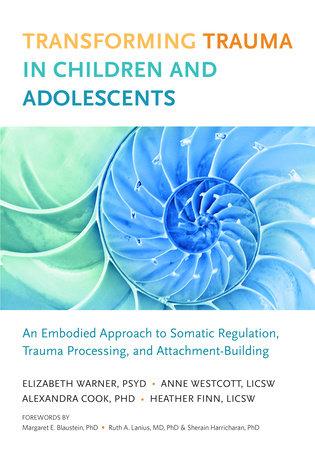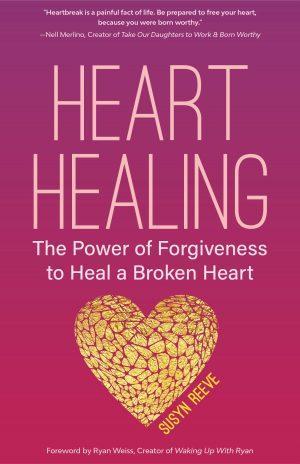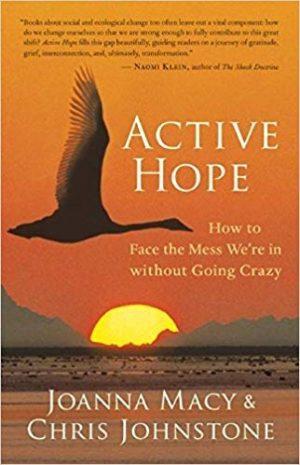Transforming Trauma in Children and Adolescents
0,00 €
| Infos : | Page count : 272 |
|---|---|
| Language of origin |
An Embodied Approach to Somatic Regulation, Trauma Processing, and Attachment-Building
Elizabeth Warner, Psy.D.
A new somatics and attachment theory treatment protocol for therapists working with children and adolescents who suffer from complex trauma and neglect, using movement and sensation to target the neurological structures that support emotional and behavioral regulation.
The SMART (Sensory Motor Arousal Regulation Treatment) program arms clinicians with the necessary tools and skills they need to help clients overcome maladaptive patterns resulting from childhood abuse, neglect, and other adverse experiences. Addressing three key processes that can be derailed by developmental trauma–regulation, processing, and attachment–the SMART program uses body regulation, movement, and sensation to target the neurological structures that support emotional and behavioral regulation. It shows therapists how to help clients manage their feelings and attend to normal developmental tasks like making friends, learning at school, learning to play by oneself and with others, and developing a sense of self that includes–but isn’t defined or consumed by–the trauma they’ve experienced.
Transforming Trauma in Children and Adolescents introduces the foundations for SMART, including somatic regulation, arousal regulation, attachment building, and trauma processing. It teaches therapists the 8 key skills required for SMART mastery, and provides 8 regulation tools for clients. Enriched with case studies and recommended adaptations, it also includes resources for parents or other caregivers who want to provide ongoing supportive care outside the clinical setting.
EXPERT AUTHORS: Author team includes Elizabeth Warner, lead developer of the SMART model and director of the Trauma Center’s SMART program, part of the Trauma Center at Justice Resource Institute; Heather Finn, LCSW, clinical director and practicing psychotherapist at the Trauma Center; Alexandra Cook, associate director of the Trauma Center; and Anne Westcott, a senior faculty member of the Sensorimotor Psychotherapy Institute and co-developer of the Trauma Center’s SMART program. TRAUMA CENTER AFFILIATION: Book draws from the prestige and support of the nonprofit Trauma Center, a program of Justice Resource Institute and internationally recognized leader in the field of psychological trauma.





